
IHU France welcomes this initiative by the French government to promote the unique model of excellence and acceleration of innovation in healthcare
On May 16, 2023, the French President announced the creation of 12 new University Hospital Institutes (IHUs) as part of the France Santé 2030 scheme. The Alliance IHU France, which brings together FOReSIGHT, IHU ICAN, IHU Strasbourg, Institut du Cerveau, Institut Imagine and Liryc, congratulates the newly appointed IHUs and welcomes this government initiative, which validates the strength of the IHU model by extending it to new medical and scientific themes. This reinforcement is part of a shared ambition for innovation and excellence in biomedical research in France.
IHU: accelerating innovation to invent the medicine of the future
Emblematic creations of the Programme d’Investissement d’Avenir (PIA), the IHUs have been given the mission of accelerating innovation in healthcare for the benefit of patients. The rejection of ivory towers, agility and the development of synergies have encouraged the emergence of excellent biomedical innovations and their transfer to the business world.
Created in 2011, the IHUs bring together research, care, development and training in a single location, and are now fully recognized as third-party experimentation centers. The IHUs have become major players in university hospital research, thanks to their scientific excellence, as demonstrated by their attractiveness for competitive research funding. They are also key partners for industrial companies involved in healthcare innovation.
In less than 10 years, the IHUs have achieved tangible results: over 320 patents filed, 18,000 scientific publications, 1,000 new clinical trials, 45 start-ups created, over 600 million euros in co-financing raised, and induced economic development in excess of 1 billion euros, while State investments represent 277 million euros*, i.e. a leverage effect of 5 to 7.
These new IHU and bioclusters will complement the fields of research already covered by the existing institutes: genetic, visual, cardiometabolic and nutritional diseases, central nervous system, cardiac rhythm, image-guided surgery and emerging infections.
IHU France is delighted to welcome the new IHUs:
- VBHI, Bordeaux, cerebral vascular diseases, IHU
- Prism, Villejuif, oncology, IHU
- re-Connect, Paris, hearing disorders, IHU
- Prometheus, Garches, sepsis, IHU
- Thema-2, Paris, hematology, IHU
- Cancers des femmes, Paris, gynecological cancers, IHU
- Everest, Lyon, liver pathologies, IHU
- RespirERA, Nice, respiratory pathologies, IHU
- IMMUN4CURE, Montpellier, immunotherapies, IHU
- InovAND, Paris, pediatric neurodevelopment, IHU
- HealthAge, Toulouse, gerontology and aging, emerging IHU
- Infiny, Nancy, inflammatory bowel diseases, emerging IHU
IHU France is also delighted with the accreditation of 4 new bioclusters, in particular the Brain & Mind biocluster, which brings together three of the Alliance’s IHUs (Institut du Cerveau, Institut de la Vision and Institut Imagine) and two new ones accredited today (InovAND and re-Connect), and the GenoTher biocluster, of which Institut Imagine is a partner.
With the IHU, the French government aims to make France the leading European nation for innovation in healthcare, and to achieve nationally independence in healthcare.
The success of this new call for IHU projects illustrates the effectiveness of the model, now firmly anchored in the medical innovation ecosystem. With these 12 new IHUs, France now has a new capacity to accelerate and innovate in healthcare in priority areas such as complex data mining, personalized care pathway modeling, diagnostic, therapeutic and preventive simulation using digital twins, and disruptive innovations such as gene and cell therapies for patients. The aim of this combined expertise is to multiply diagnostic capabilities, medical and surgical decision support, and treatments.
The challenge now is to make IHU France a tool for meeting international demands and remaining as responsive and competitive as possible, so as to make France the leading European nation for innovation and achieve sovereignty in healthcare.
The Innovation Santé 2030 plan launched by the government was conceived precisely with this ambition, making a commitment in June 2021 to a strong, value-creating industry to bring, with the impetus of the Secrétariat Général pour l’Investissement (SGPI) and the Agence Innovation en Santé (AIS), direct, concrete solutions to patients and the medical community.
About IHU France
Emblematic creations of the “Investissements d’Avenir” program, the IHUs have been given the mission of integrating and accelerating the action processes of hospital and university research, to disseminate biomedical innovations more rapidly to patients and the economic fabric. IHU France brings together the 6 IHUs: FOReSIGHT, ICM (Institut du Cerveau), IHU ICAN, IHU Strasbourg, Imagine (Institut des maladies génétiques) and Liryc (L’institut des maladies du rythme cardiaque), which combine their strengths, initiatives and proposals to accelerate medical innovation in France. The IHUs have demonstrated́ the power of a model of excellence bringing together in a single location all the expertise that enables medical research to be transformed into innovation for the benefit of patients.
* In 2018, the FOReSIGHT IHU was awarded €50 million in funding under the PIA 3 IHU call for projects. In 2019, the 5 other IHUs in the Alliance IHU France were awarded a further 63 million euros.
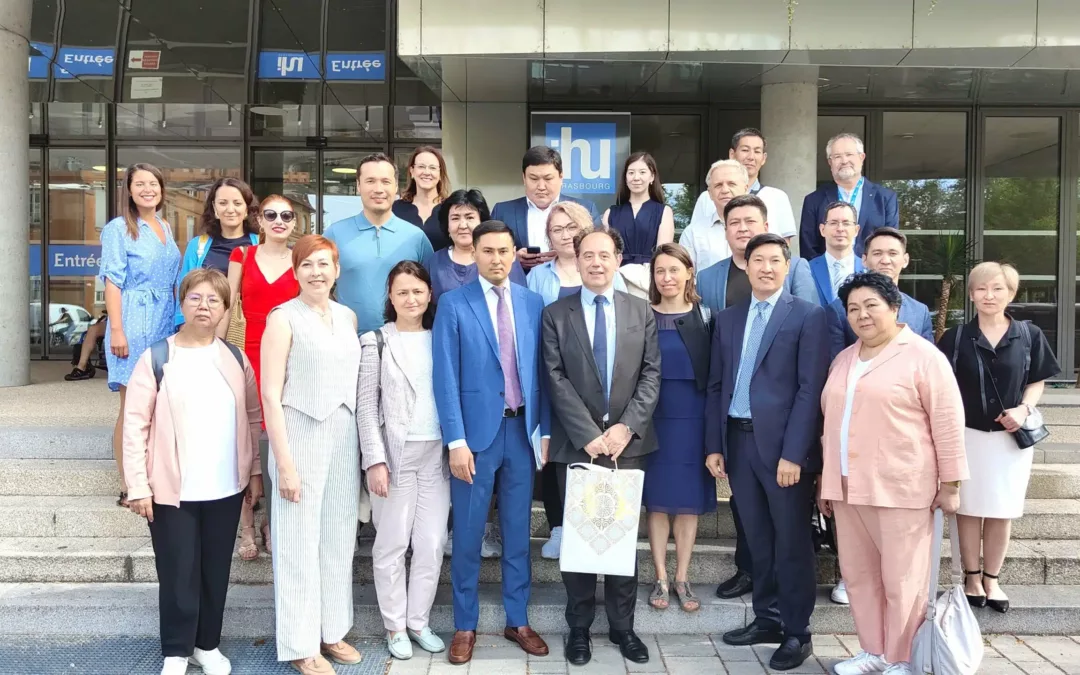
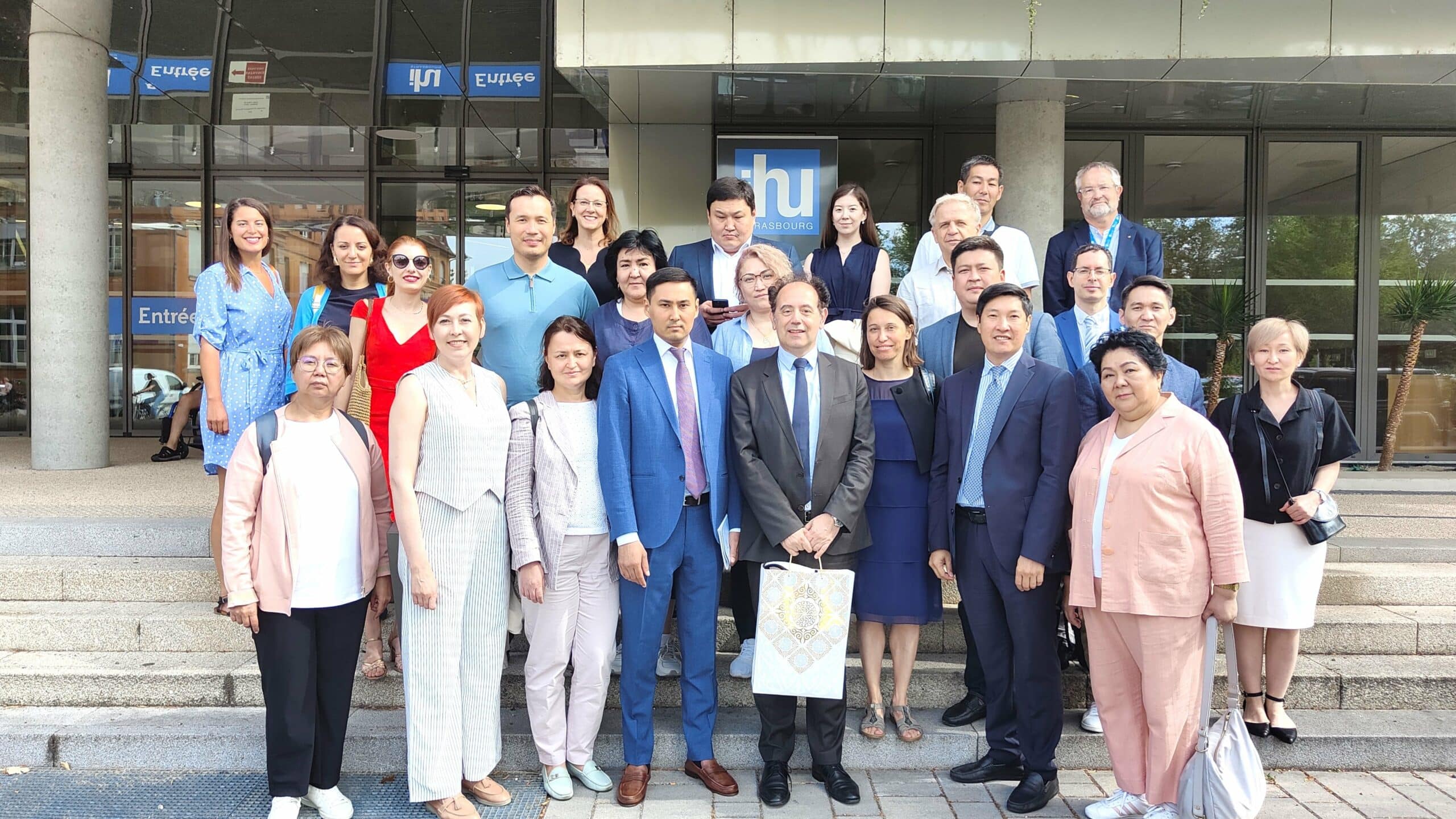
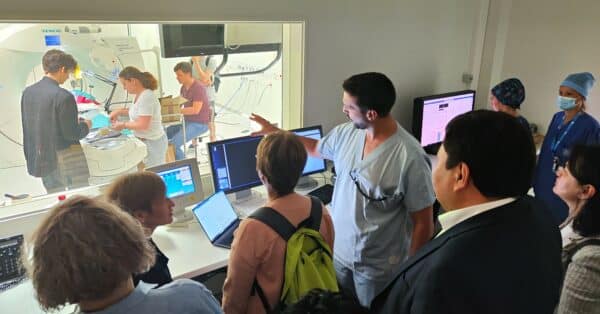
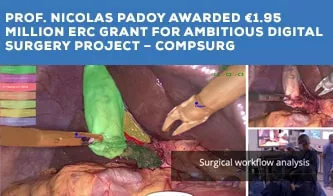
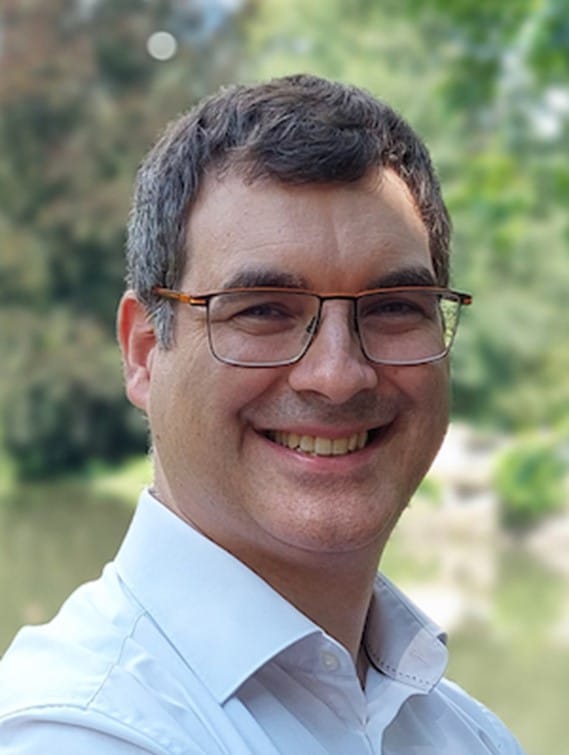 IHU Strasbourg Scientific Director and University of Strasbourg Professor, Nicolas Padoy, head of the CAMMA research team, has been awarded the prestigious ERC Consolidator Grant for his project entitled “Computational Methods to Analyse Intra-operative Adverse Events in Surgery at Scale (CompSURG).” The grant, worth 1.95 million euros, will fund his research over a span of five years. By bridging the fields of artificial intelligence and digital surgery, this ambitious project aims to improve surgical safety and, consequently, patient safety.
IHU Strasbourg Scientific Director and University of Strasbourg Professor, Nicolas Padoy, head of the CAMMA research team, has been awarded the prestigious ERC Consolidator Grant for his project entitled “Computational Methods to Analyse Intra-operative Adverse Events in Surgery at Scale (CompSURG).” The grant, worth 1.95 million euros, will fund his research over a span of five years. By bridging the fields of artificial intelligence and digital surgery, this ambitious project aims to improve surgical safety and, consequently, patient safety. ERC Consolidator Grants
ERC Consolidator Grants


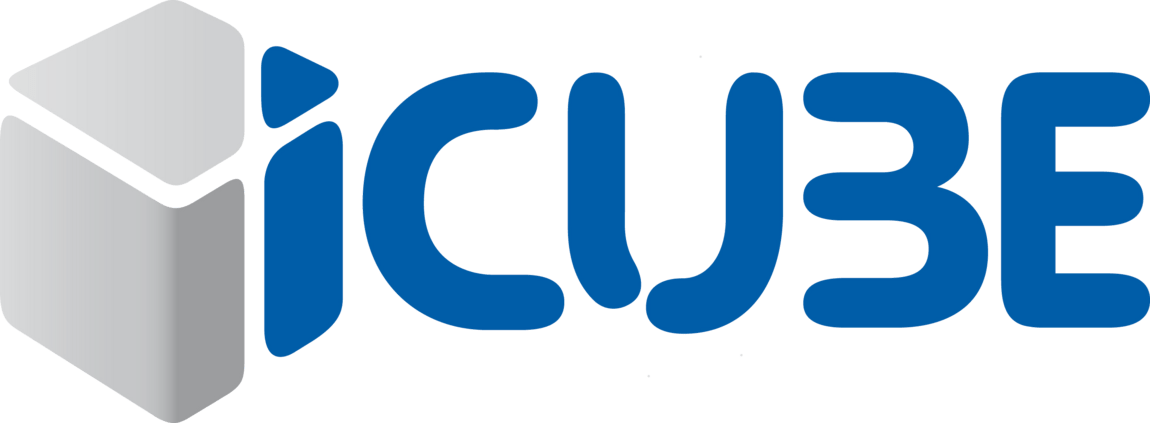
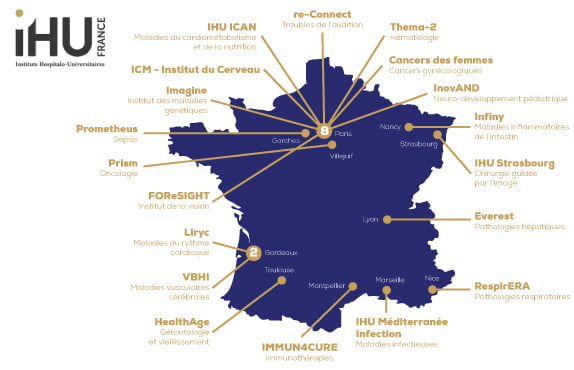
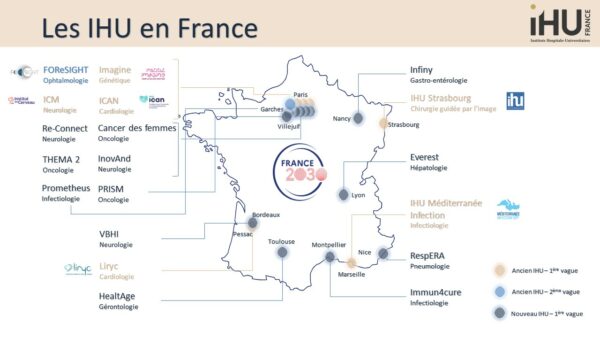
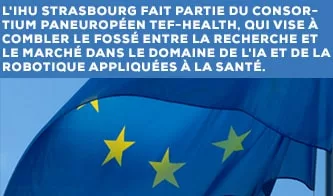


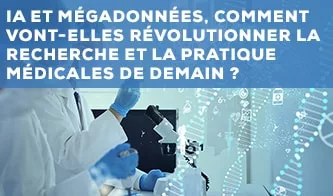




Recent Comments